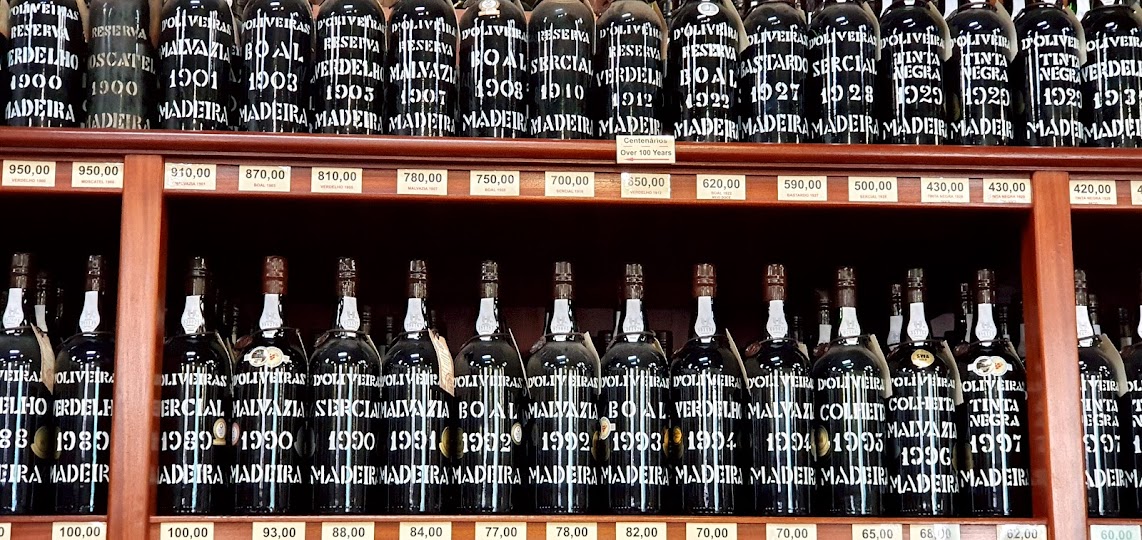Thursday, December 17, 2020
Belgian vineyard at Chateau Bioul
Tuesday, November 3, 2020
Film review: Vintage (2019) by Colin West *
Synopsis
A New Zealand winemaking team enters the period known as Vintage when wine is made 24/7 for months on end. Sleepless nights, endless labor, time away from home means they must ensure nature, science and magic come together to overcome each challenge Vintage presents. (from imdb)
Review
A missed opportunity. The makers of this documentary had access to the whole process of harvesting at a large New Zealand vineyard but we learn very little in over one hour of watching this repetitive production. We hear a hundred times how hard the work is during harvest, and how awesome everyone in the multinational team of pickers is, but little else.
One curiosity: lots of pigs apparently threaten the harvest at night, and even deer. As for birds, they try and do their share of eating but mostly cause botrytis, which is some parts of the world is welcome as it allows to make sweet wines, but not here.
Sunday, November 1, 2020
Film review: The Barolo Boys (2014) by Paolo Casalis and Tiziano Gaia, ****
Saturday, April 4, 2020
Film review: L'Esprit du vin (2011) by Olympe and Yvon Minvielle **
A film sponsored by Château Lagarette, a biodynamic producer in Bordeaux.
A dozen or so biodynamic wine-growers express their vision of the present and make proposals for the future.
They ask eminently social and even political questions: What food? How could humanity restore the ideal of living together?
I hope this review can help the reader make up his own mind on this subject.
Review
This film is an all-out passionate defense of biodynamic viticulture. I say defense because most of the interviewees talk as if they are under siege, as if the evil forces of modernity are out to extinguish the feeble flame of tradition. No alternative point of view is presented in the film. If you want to hear alternative voices, skeptical or critical of biodynamic wine, you have to look elsewhere.
Clearly, the growers interviewed are very passionate about their wine, but often they get carried away. Just a few pearls from their statements. A basic theme of the film is a high level of hostility toward "technology": there is "technological" wine, which is artificial and then there is biodynamic wine, which is natural. Oddly, little attention is paid to organic wines, although biodynamic certification requires a wine to be organic to begin with.
A couple of speakers identify "technological" wines as the result of American influence and specifically the work of Robert Parker, while, on the contrary, "Europe" is the custodian of genuine winemaking. Well, Parker has nothing against biodynamic wines and actually promotes it. And, of course, there are lots of American biodynamic producers and in fact the USA is the biggest biodynamic farming producer in the world.
One speaker argues that biodynamic vineyards are better equipped to resist the negative radioactive impact of Chernobyl, thus lumping together as if it was a dogmatic truth a whole host of questionable assumptions.
A major problem for me is when, as several speakers repeat in this film, the argument is put forward that what is important in biodynamic wine is NOT the result, but the relationship between man and nature, a new philosophy of daily life. Assuming the latter is somehow better served in biodynamic farming, for me the end result, ie good and healthy wine, IS WHAT MATTERS.
Technology, a word that is often repeated with a grimace by many interviewees, destroys the relationship man and nature, farmer and vineyard. Biodynamic preparations restore the correct energy flows! A corollary of this argument is the open hostility of one speaker to established wine associations such as the Masters of Wine. In his view, these associations have been created to serve technology against the natural traditions of wine.
One speaker is very honest when he says biodynamic farming is like a religion: you can not demonstrate it, you can only believe it. Another one compares it to acupuncture: not scientifically proven, but many believe it anyway. Not surprising that biodynamic farmers also accept homeopathic principles, as they use extremely diluted solutions in some of their preparations.
A quirky claim toward the end of the film is that biodynamic wine is especially appreciated by women! Maybe so, as a woman grower claims to have produced a "concert wine" in her biodynamic vineyard because both wine and music share a spirituality for people to appreciate.
If you already believe in biodynamic farming this film will make you feel really good. If you are trying to understand more, it will give you only half the picture.
For a different view on biodynamic farming, watch this video, (in Italian).
For a wise and cool view of the subject, read Jancis Robinson, one of the world's most respected authorities.
You can watch the film reviewed here on Youtube.


